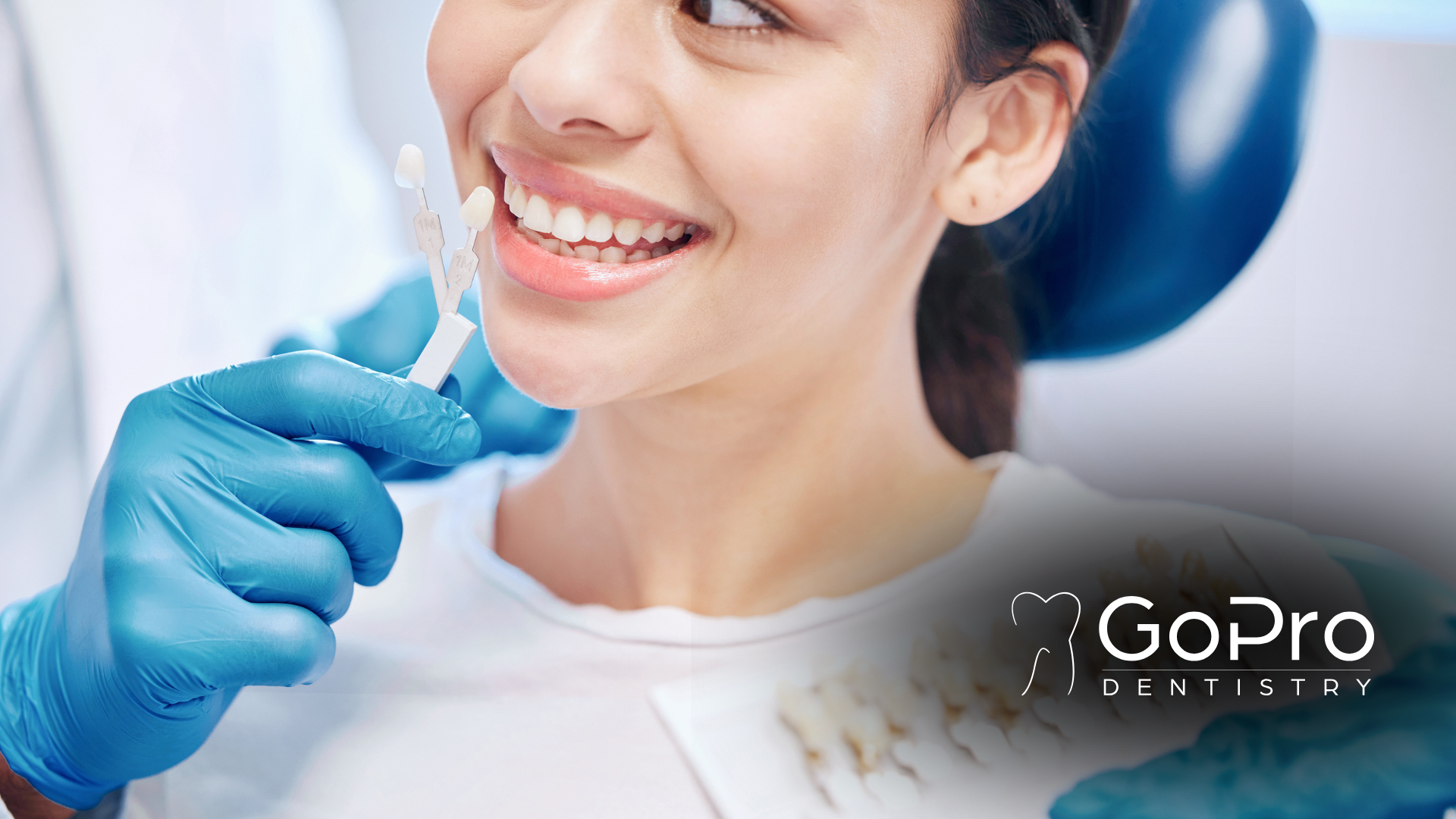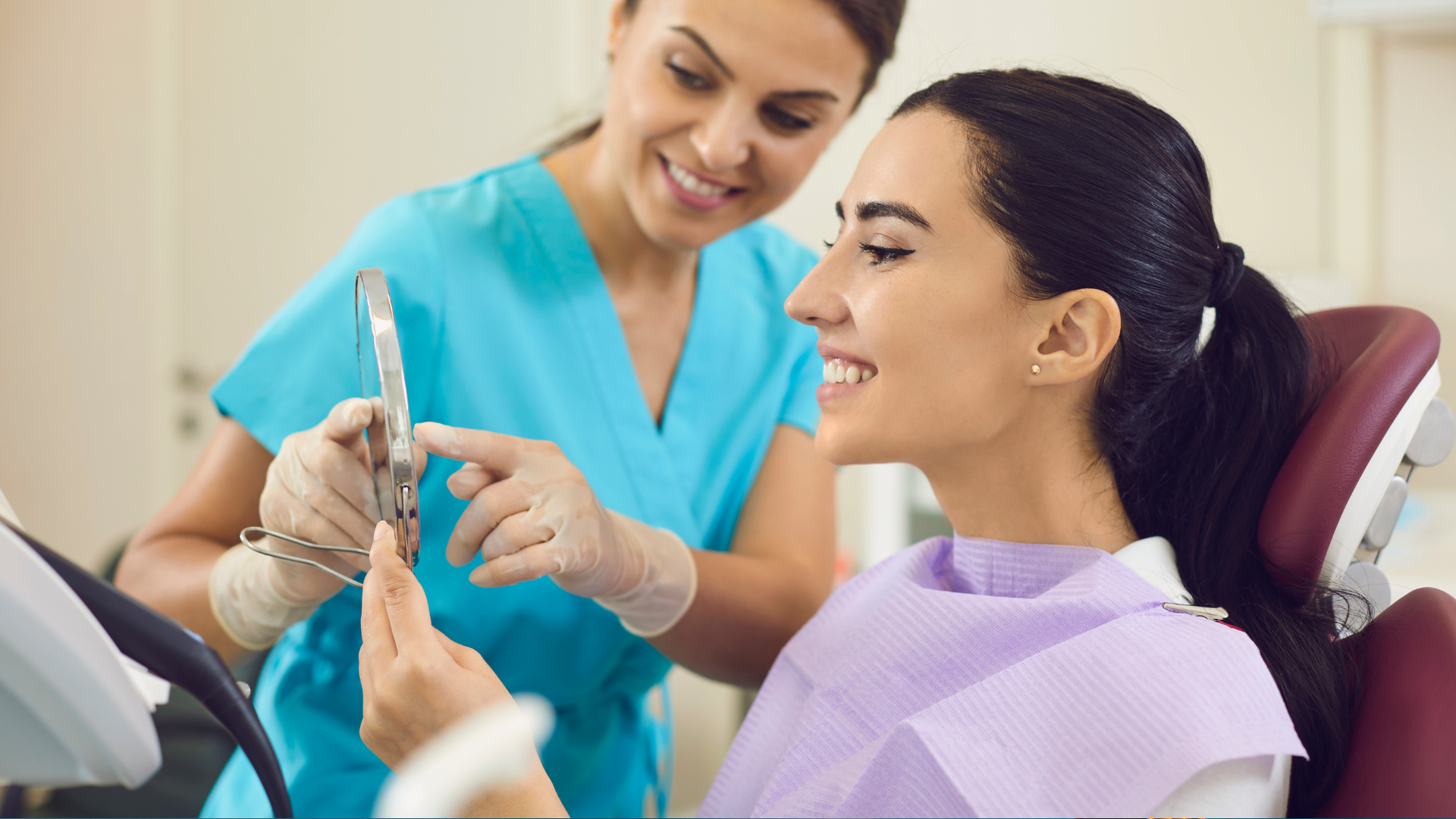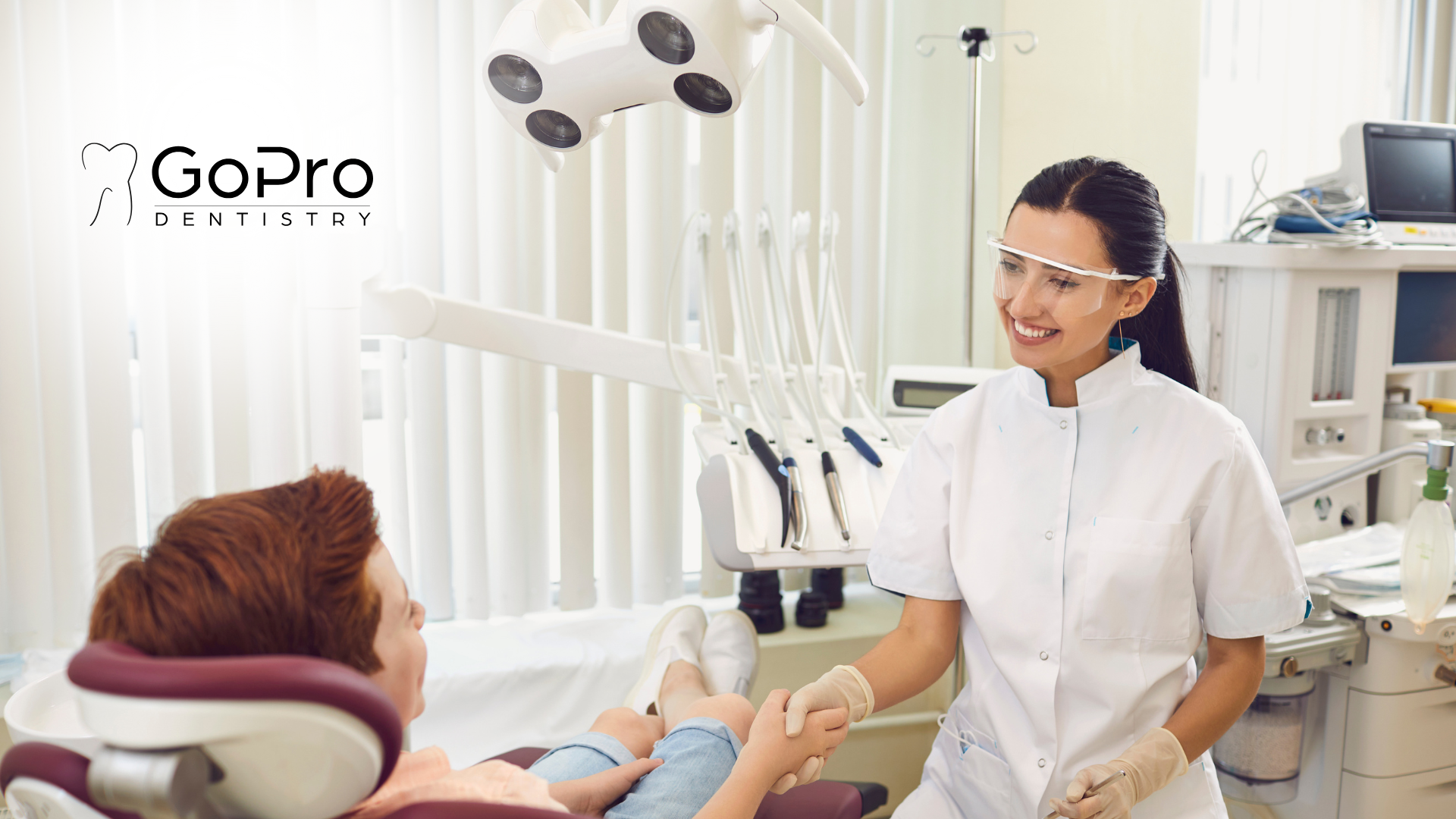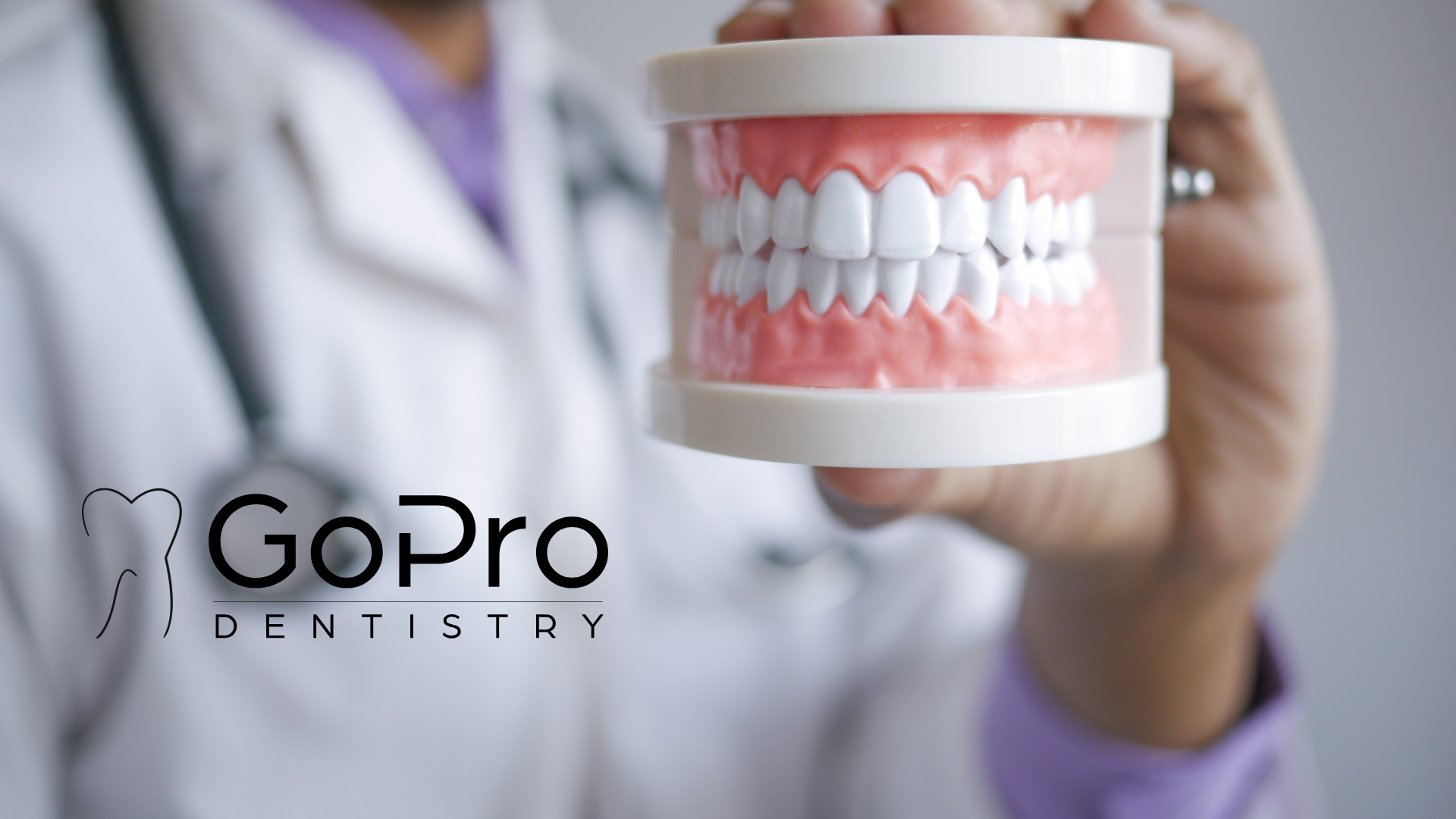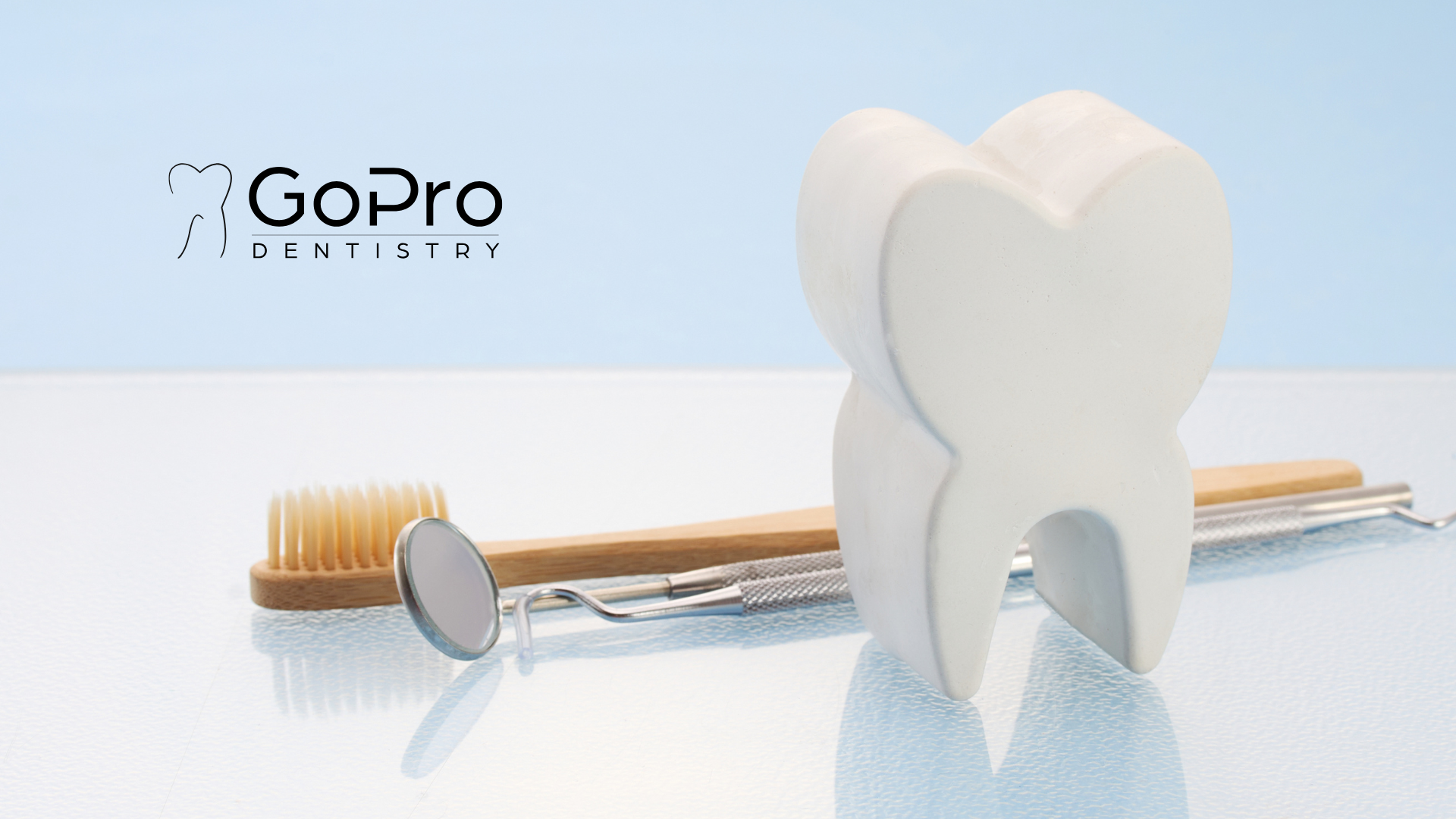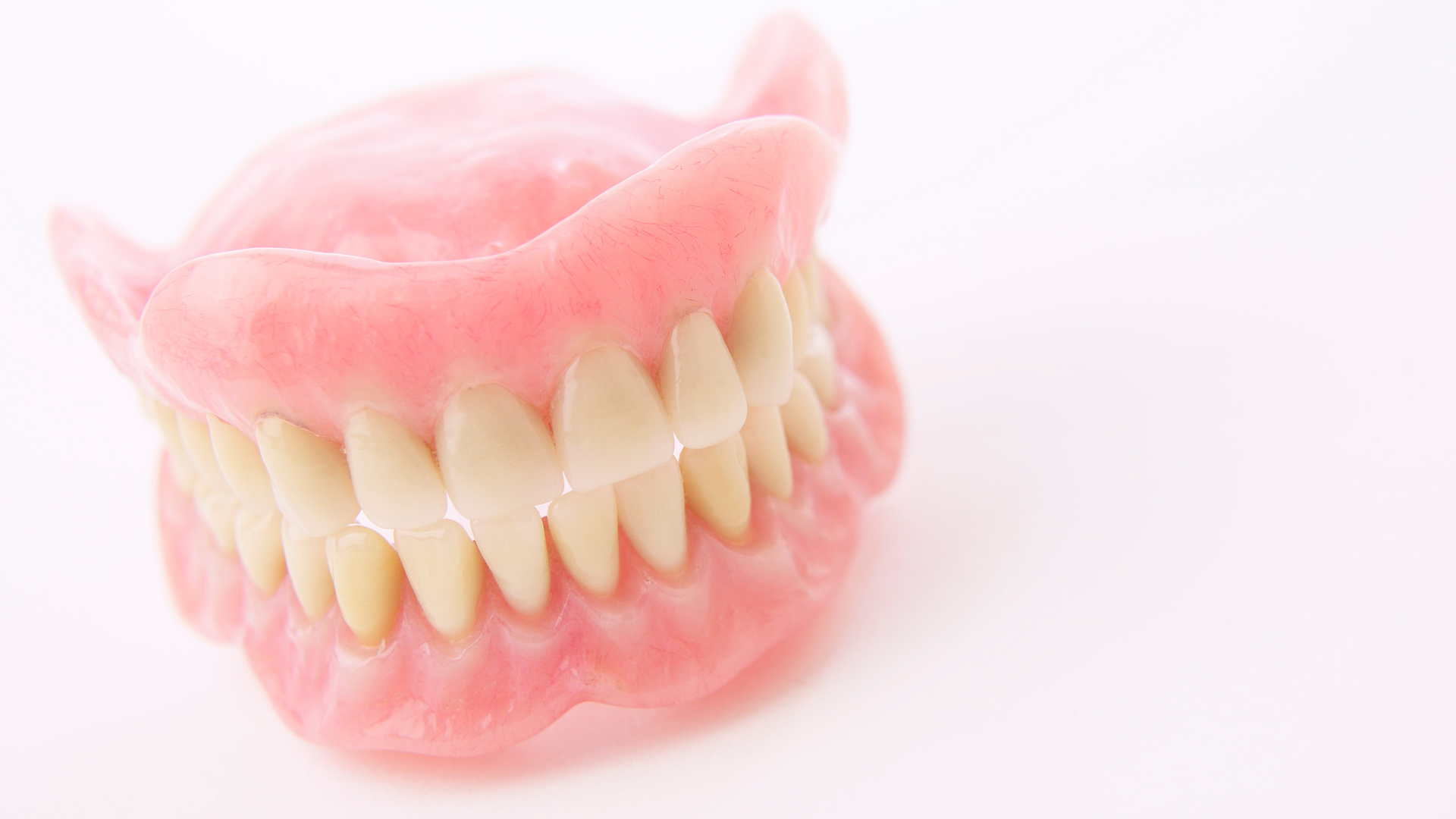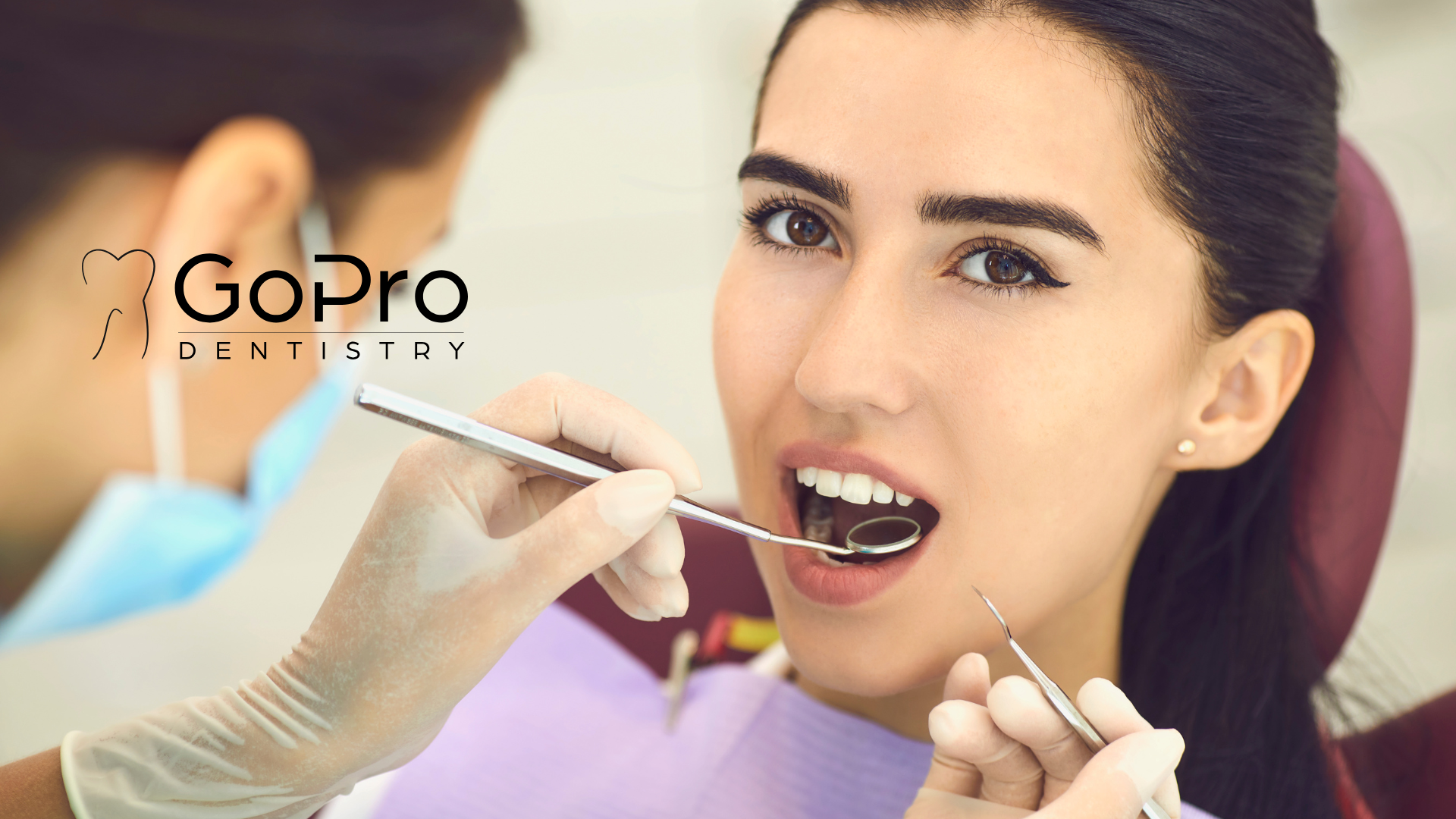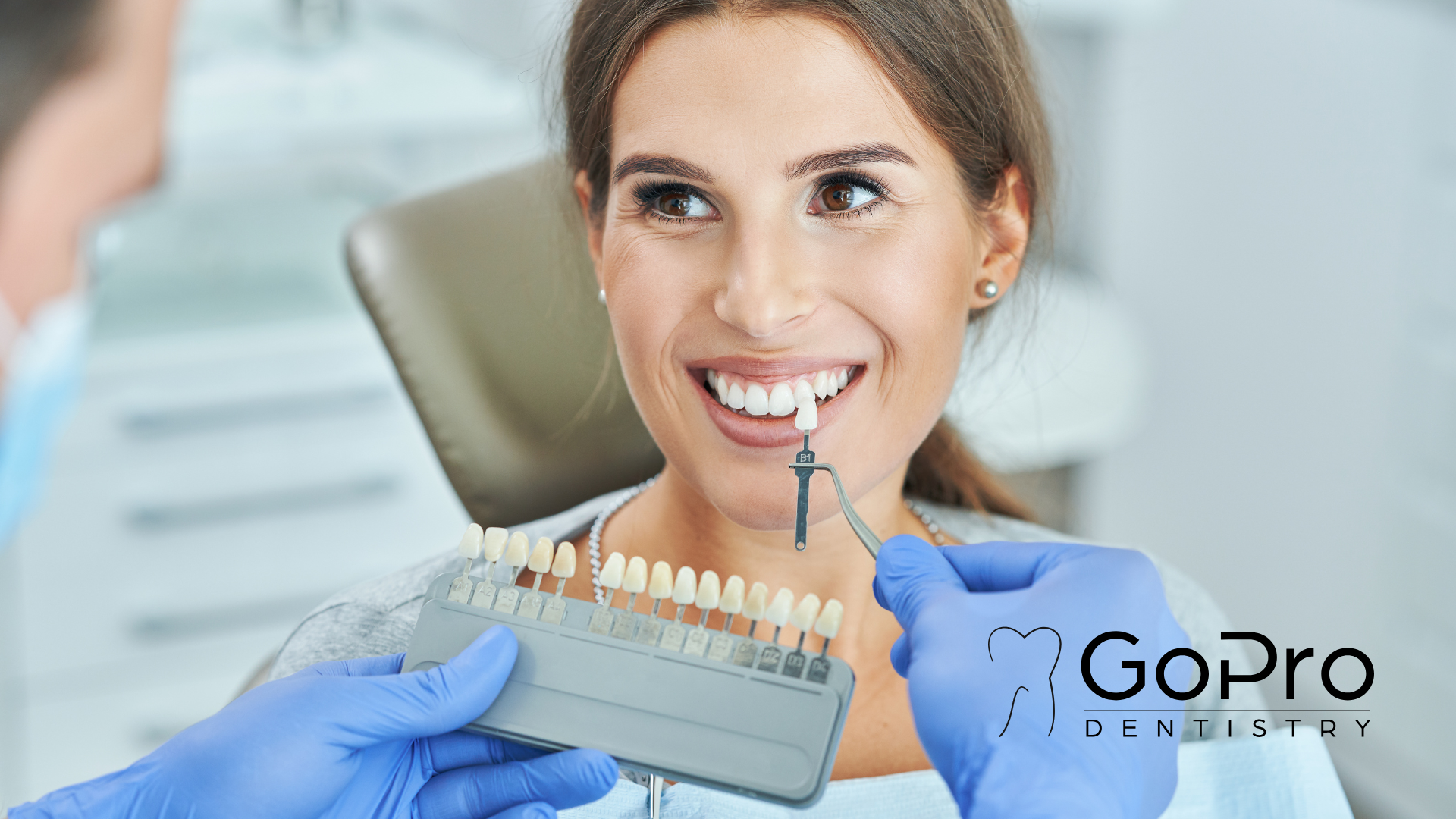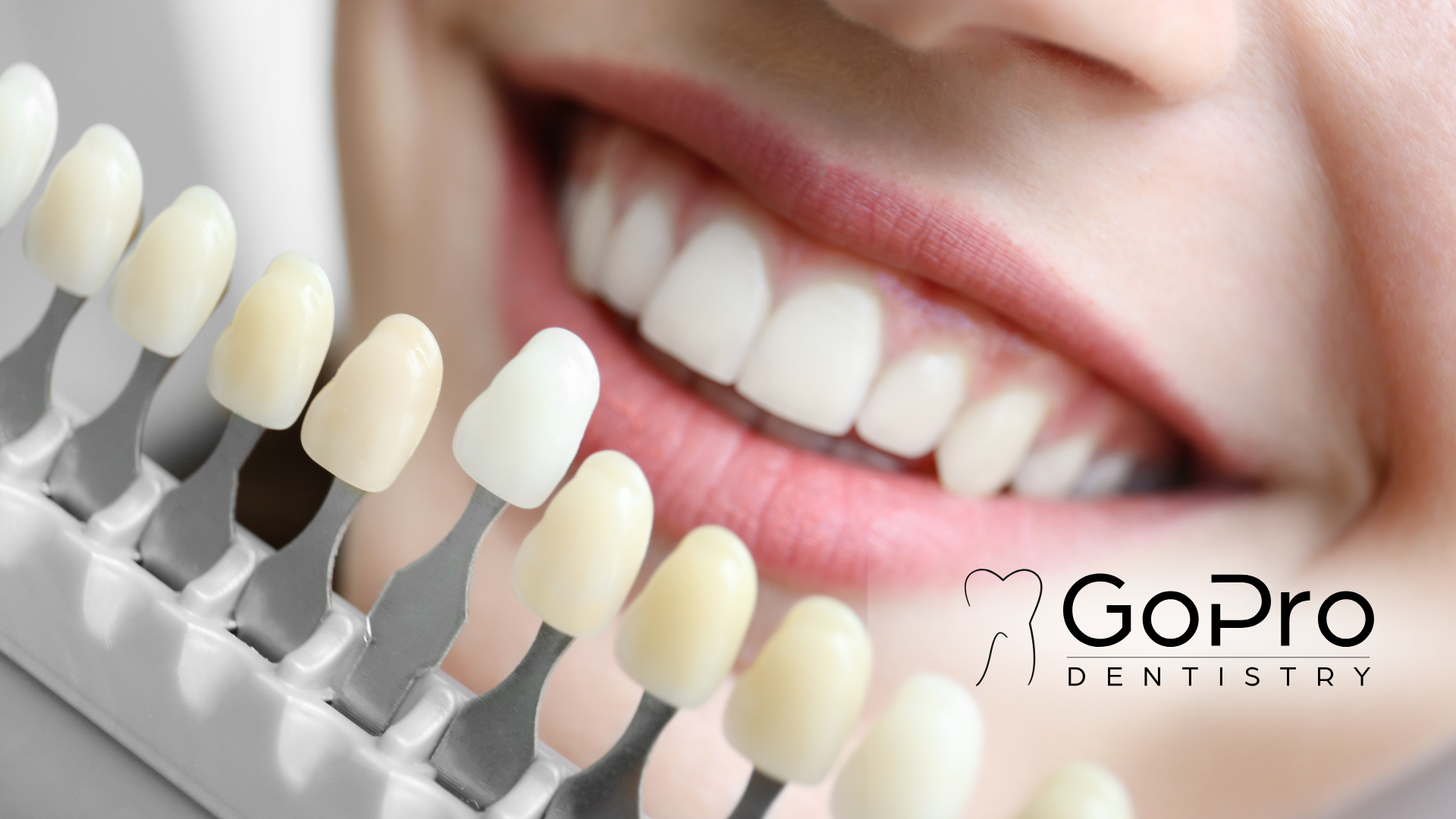Post-Operative Care for Your Teeth After Whitening
Teeth whitening is a popular cosmetic dental treatment that provides a brighter and more radiant smile. However, some individuals may experience temporary side effects like tooth dehydration. This can result in increased sensitivity and discomfort post-treatment. Understanding how to rehydrate teeth after whitening is essential to restore their natural moisture and protect the enamel. This blog will explore practical methods to rehydrate teeth, ensuring long-lasting results and comfort after teeth whitening. If you want advice on teeth whitening in Riverside, this guide is for you.
Why Do Teeth Dehydrate After Whitening?
Teeth dehydration is a common but temporary side effect of professional and over-the-counter teeth whitening treatments. The whitening process typically involves the application of peroxide-based gels that penetrate the enamel to break down stains. During this process, the teeth lose some moisture, leading to dehydration.
When the teeth become dehydrated, they may appear whiter than the final result immediately after treatment. This is because dehydration affects the appearance of the enamel, giving it a chalky or overly bright look. Additionally, dehydrated teeth are more sensitive, causing discomfort when consuming hot, cold, or sugary foods and beverages.
The good news is that this dehydration is temporary, and with the proper care, teeth can rehydrate within a few days.
Understanding how to properly care for teeth after the procedure can make all the difference in comfort and long-term results for those who've had teeth whitening.
Steps to Rehydrate Teeth After Whitening
Rehydrating teeth after whitening is crucial for reducing sensitivity and protecting the enamel. Here are some effective methods for restoring moisture to your teeth post-whitening treatment:
- Increase Water Intake
One of the simplest ways to rehydrate teeth is by increasing water intake. Drinking water helps flush out any remaining whitening agents from the mouth and keeps the body hydrated, which in turn supports the rehydration of the teeth. After a teeth whitening session with a dentist in Riverside, drinking plenty of water is important to help restore the moisture balance in your teeth and gums. - Use a Fluoride Mouthwash
Fluoride is essential for strengthening tooth enamel and aiding in the remineralization process. A fluoride mouthwash after teeth whitening can help rehydrate the teeth while protecting them from decay. Be sure to choose an alcohol-free mouthwash, as alcohol can contribute to further dryness and sensitivity. Swishing with a fluoride mouthwash once or twice a day will promote rehydration and keep your teeth strong post-whitening. - Avoid Dehydrating Beverages
After teeth whitening, it’s best to avoid drinks that can cause dehydration, such as coffee, tea, and alcohol. These beverages can further dry out your teeth and delay the rehydration process. If you must have these drinks, try to follow them up with a glass of water to help offset the dehydrating effects. - Eat Hydrating Foods
Certain foods, such as fruits and vegetables with high water content, can aid in rehydrating teeth. Foods like watermelon, cucumbers, and celery help keep the body hydrated and stimulate saliva production. Saliva is a natural way to restore moisture to the teeth and protect them from sensitivity after whitening. Incorporating hydrating foods into your diet can accelerate the rehydration process. - Chew Sugar-Free Gum
Chewing sugar-free gum increases saliva production, a natural defense against tooth dehydration. Saliva contains essential minerals that help rebuild and hydrate the enamel, reducing sensitivity after whitening. Dentists in Riverside often recommend sugar-free gum for patients who have undergone teeth whitening to stimulate saliva flow and maintain moisture levels in the mouth.
The Role of Saliva in Rehydrating Teeth
Saliva plays a vital role in rehydrating teeth after whitening. It acts as the mouth's natural defense system by neutralizing acids, washing away food particles, and keeping the teeth and gums moist. Saliva also contains essential minerals, such as calcium and phosphate, which help remineralize and strengthen the enamel.
After a whitening treatment, it’s important to encourage saliva production to help rehydrate the teeth. Drinking water, chewing sugar-free gum, and consuming hydrating foods effectively promote saliva flow. Riverside patients who have undergone teeth whitening are advised to pay attention to their hydration levels and take steps to support saliva production, especially in the days following the procedure.
Additionally, individuals with dry mouth conditions may find it more challenging to rehydrate their teeth after whitening. In such cases, dentists may recommend using over-the-counter saliva substitutes or specialized treatments to help maintain moisture in the mouth and protect the teeth from dehydration.
Long-Term Care After Teeth Whitening
Maintaining rehydrated teeth after whitening isn’t just about the immediate days following the treatment—it requires ongoing care to ensure long-lasting results and prevent further sensitivity. Here are some tips for long-term care:
- Practice Good Oral Hygiene
Brushing twice daily with fluoride toothpaste and flossing daily help keep teeth strong and healthy. Proper oral hygiene also promotes enamel remineralization, which is important for maintaining moisture levels and protecting against decay. - Use Remineralizing Products
In addition to fluoride toothpaste, consider using remineralizing gels or treatments recommended by a dentist in Riverside. These products help restore the minerals lost during whitening and strengthen the enamel, making teeth less susceptible to sensitivity and dehydration. - Schedule Regular Dental Check-Ups
Regular visits to a dentist are essential for monitoring the health of your teeth after whitening. A dentist can check for signs of enamel erosion or persistent dehydration and recommend treatments to protect your teeth. Dentists in Riverside specializing in teeth whitening can provide ongoing advice and care to ensure your smile remains bright and healthy. - Limit Acidic Foods and Beverages
Acidic foods and drinks can erode enamel and contribute to dehydration. To protect your teeth, limit your intake of citrus fruits, soda, and other acidic substances. If you do consume them, rinse your mouth with water afterward to help neutralize the acid and rehydrate your teeth. - Consider Touch-Up Treatments
Teeth whitening results are not permanent; touch-up treatments may be necessary over time. By following a dentist's recommendations and maintaining proper aftercare, patients can extend the longevity of their whitening results and ensure their teeth stay hydrated and healthy.
Conclusion
Rehydrating teeth after whitening is essential for reducing sensitivity and ensuring long-lasting results. By following the recommended steps, such as increasing water intake, using fluoride products, and promoting saliva production, patients can effectively restore moisture to their teeth and enjoy the benefits of a brighter smile.
At GoPro Dentistry, experience teeth whitening that exceeds your expectations and post-treatment guidance to protect your new smile> Call (951) 683-0680.
FAQ
How long does it take for teeth to rehydrate after whitening?
Teeth typically rehydrate within 24 to 48 hours after whitening, though some individuals may take longer depending on their oral health and hydration levels.
Is sensitivity after teeth whitening normal?
Sensitivity is a common side effect of teeth whitening and usually subsides within a few days. Rehydrating the teeth can help reduce sensitivity.
Can drinking water help rehydrate teeth?
Yes, drinking water helps flush out any remaining whitening agents and promotes tooth rehydration.
What foods should be avoided after teeth whitening?
It is best to avoid dehydrating beverages like coffee, tea, and alcohol, as well as acidic foods like citrus fruits, as they can contribute to sensitivity and enamel erosion.
How often should I schedule teeth whitening touch-ups?
Touch-ups are typically recommended every 6 to 12 months, depending on lifestyle habits and the type of whitening treatment used. Consult with a dentist at GoPro Dentistry for personalized recommendations.
